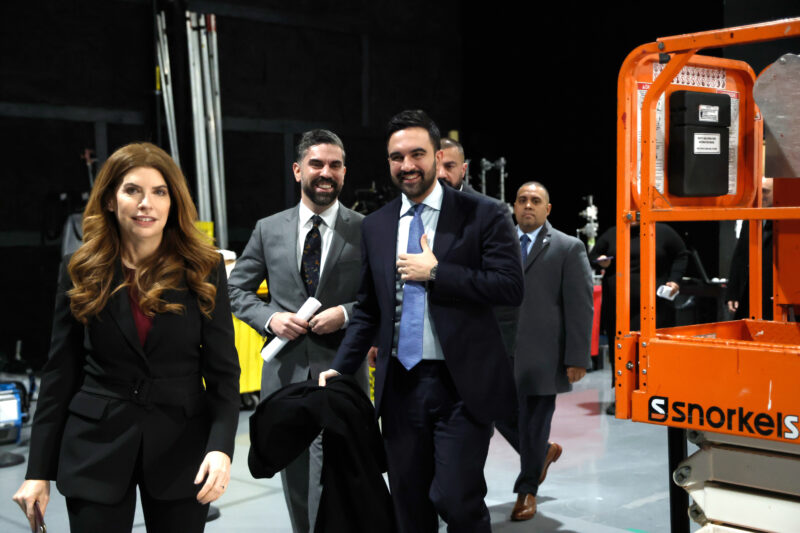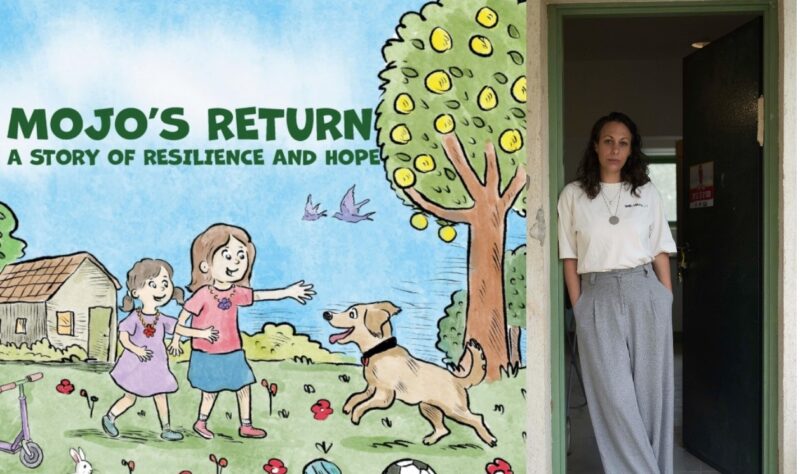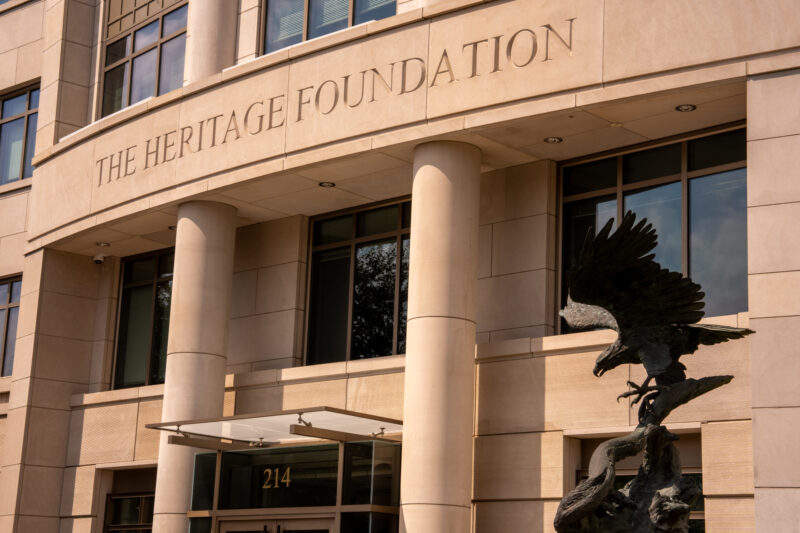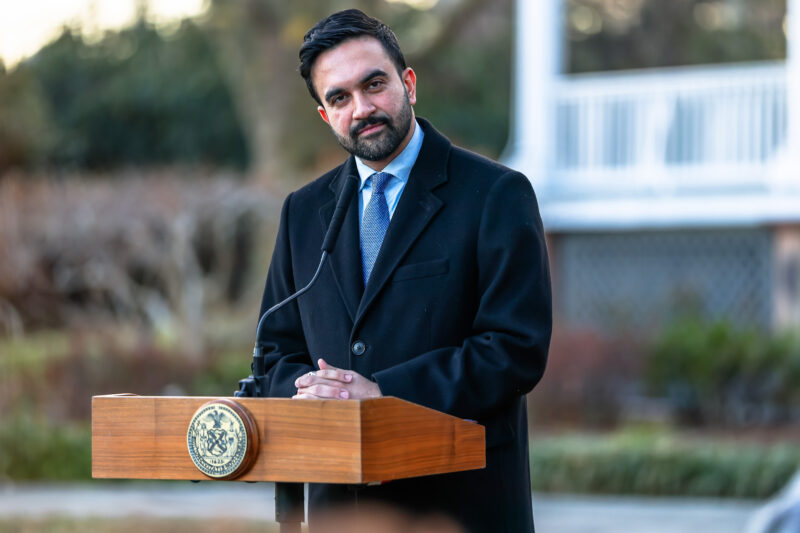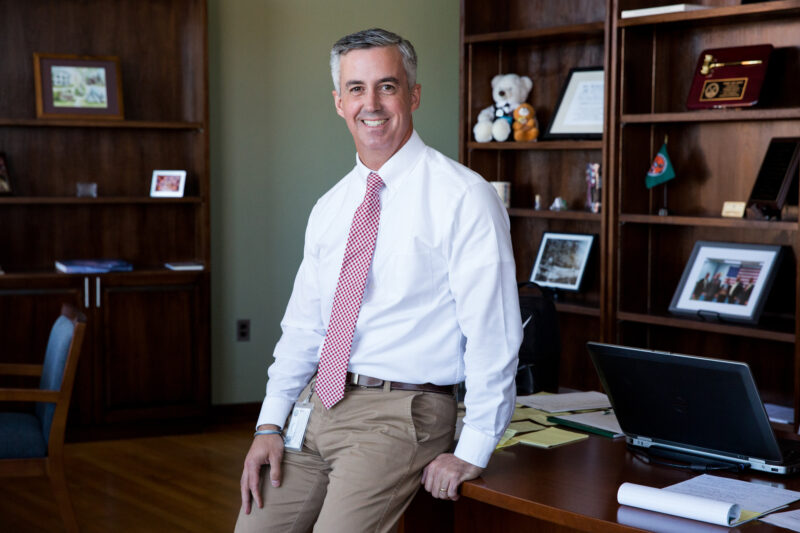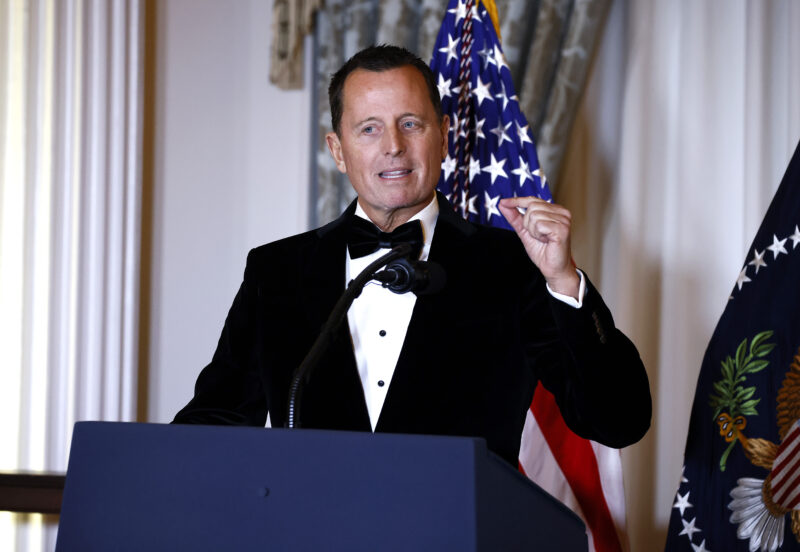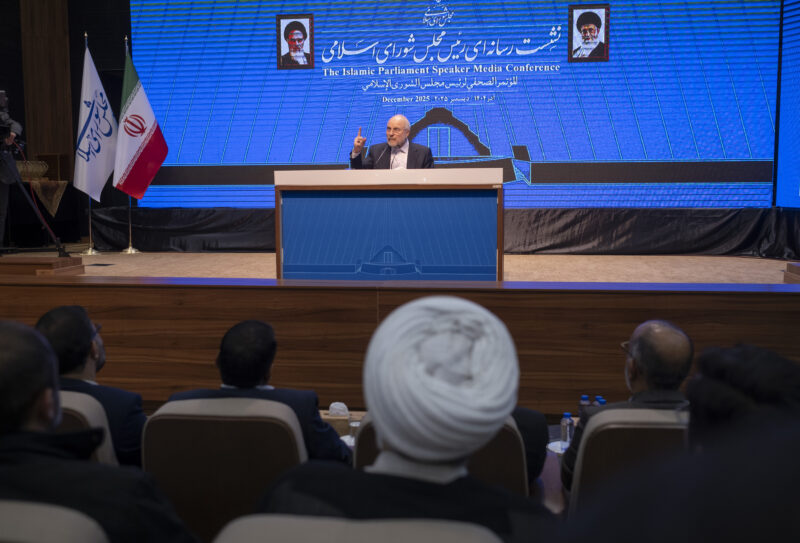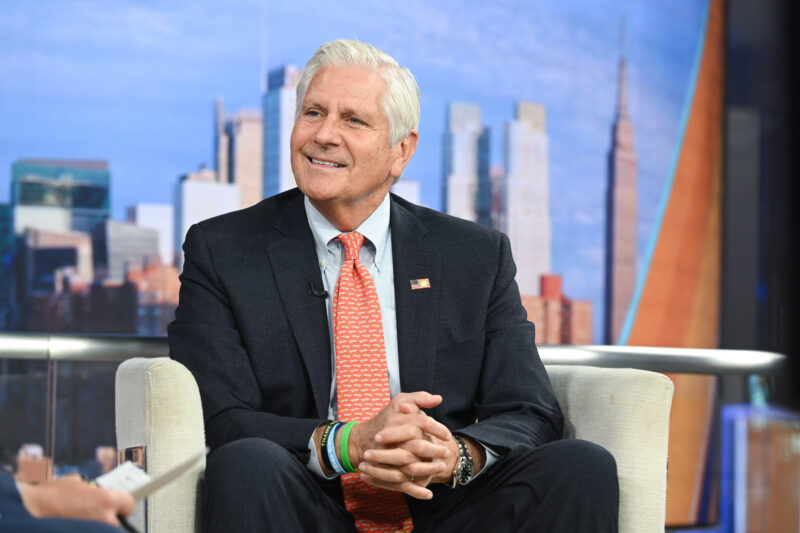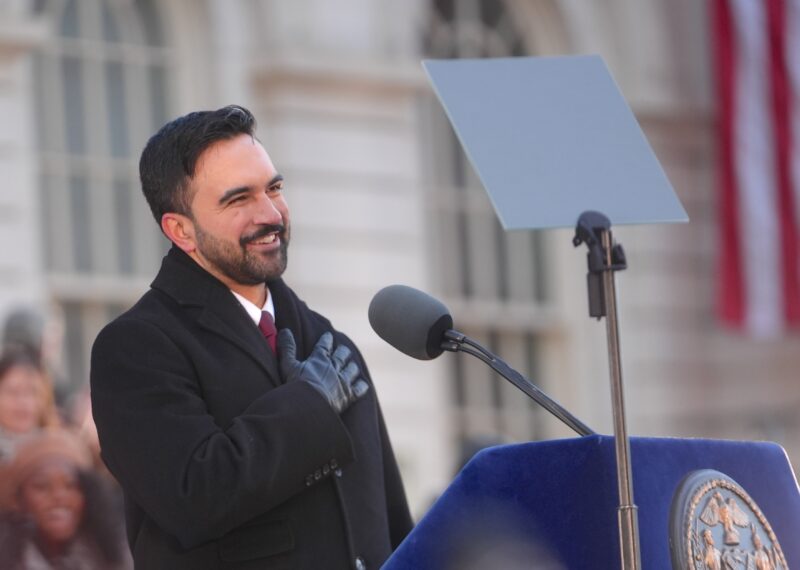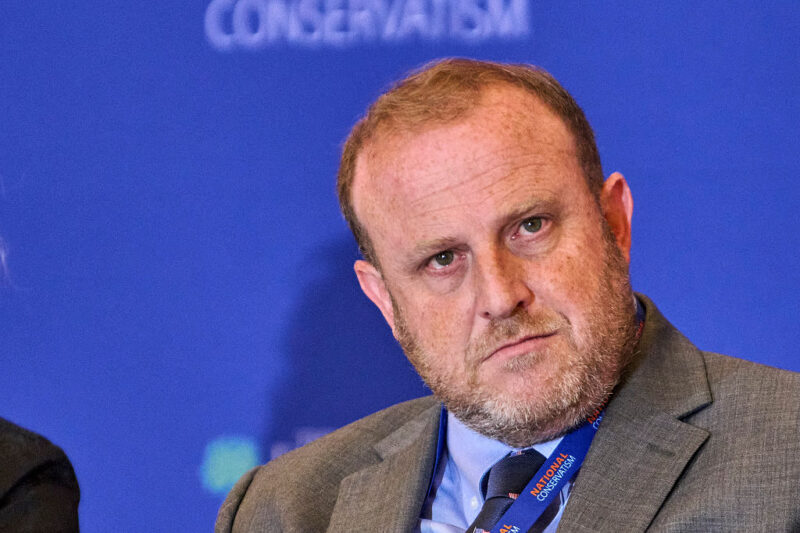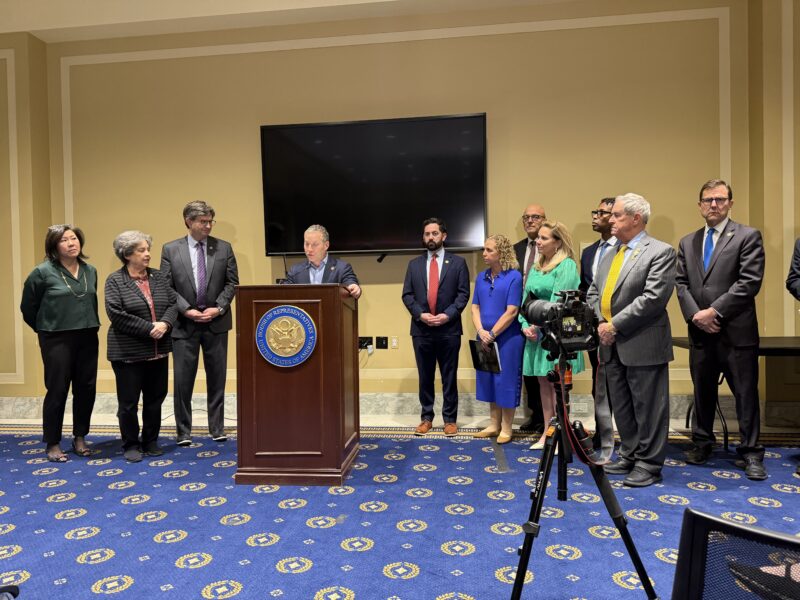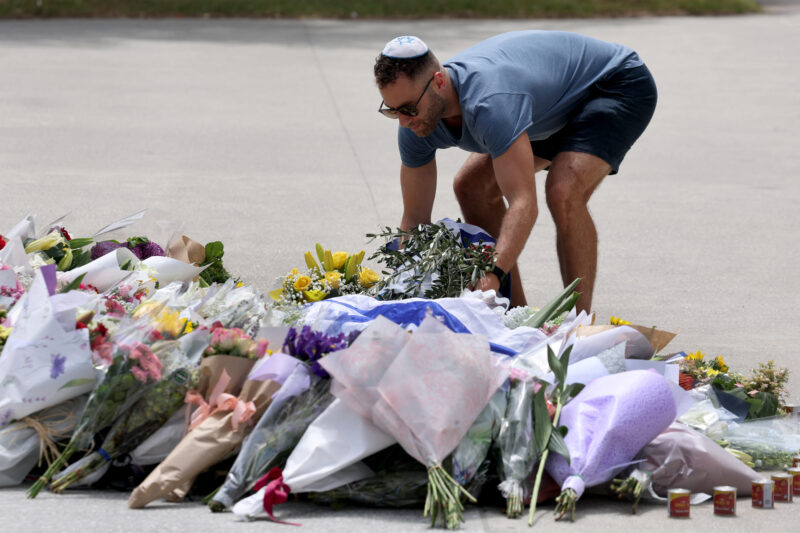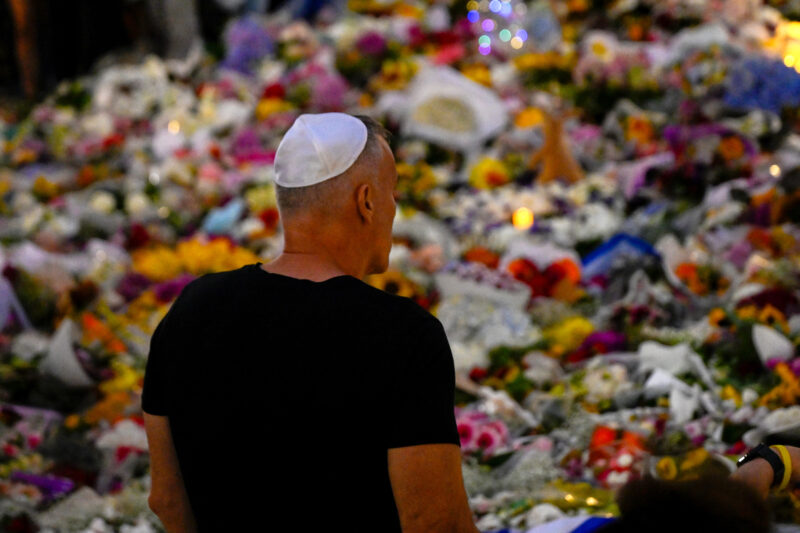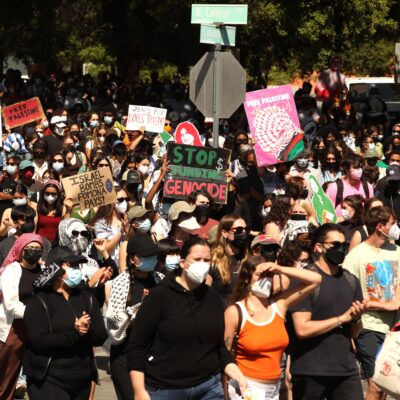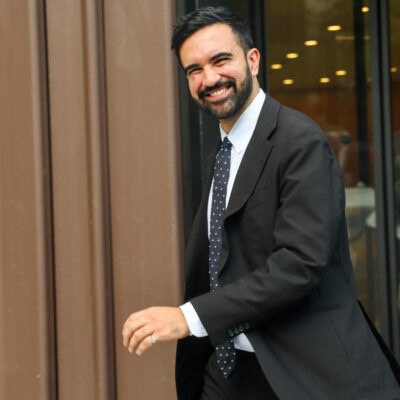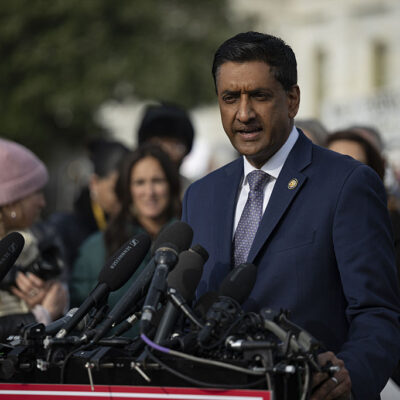Wasserman Schultz: Trump admin not concerned with antisemitism, only about ‘maintaining power’
Speaking to the Florida Democratic Party Jewish Caucus, the congresswoman said Israel is ‘only interested in living in peace with their neighbors’

Joe Raedle/Getty Images
Rep. Debbie Wasserman Schultz (D-FL)
Speaking to members of the Florida Democratic Party Jewish Caucus over Zoom on Wednesday, Rep. Debbie Wasserman Schultz (D-FL) accused the Trump administration of not working in good faith to combat antisemitism, discussed recent Democratic National Committee votes on Israel and offered a strong defense of Israel against a growing chorus of critics.
Wasserman Schultz argued that a series of moves by the Trump administration — attempting to place new conditions on Nonprofit Security Grant Program funding, gutting the Department of Education’s Office for Civil Rights and eliminating Justice Department programs focused on hate crimes — show that the administration’s focus on antisemitism isn’t genuine.
“None of that makes us safer, and all of it demonstrates that they don’t really care about taking care of our community. They aren’t concerned about antisemitism, they are concerned about maintaining power,” she said. “Let’s not let our community members believe the rhetoric and the BS.”
Highlighting the administration’s moves on NSGP funding, Wasserman Schultz noted the long freeze in reimbursements from the program, and said that the administration had also tried to demand that all NSGP recipients cooperate with immigration enforcement authorities and eliminate any diversity, equity and inclusion programs to make them eligible for funding.
She said that advocates had worked to ensure that the immigration demands were dropped, but said that “the DEI part is still being litigated.”
She said that universities largely “deserve the criticism and deserve to be investigated by an Office of Civil Rights that would be robustly funded. But if Trump cared about that, he wouldn’t have cut their budget in half and fired half their employees.”
The former Democratic National Committee chair also spoke about the recent DNC debate over a pair of Israel-related resolutions. One, which called for an arms embargo on Israel, was defeated, while one calling for a ceasefire, the release of hostages and humanitarian aid passed the Resolutions Committee but was then withdrawn.
“They moved past the issue, but there were many of us that had to work very hard to communicate our deep concern and opposition” to the resolution calling for an arms embargo, Wasserman Schultz said. “Thankfully, because our party does support the U.S.-Israel relationship, and because our party does believe that Israel should remain a Jewish and democratic state, that resolution was defeated.”
Addressing criticisms of Israel more broadly, Wasserman Schultz affirmed that she is a Zionist and emphasized that Hamas, by carrying out the Oct. 7, 2023, attacks on Israel, was responsible for starting the war and could end it by releasing the hostages.
“Israel … are not aggressors. They don’t engage in land acquisition. They are only interested in living in peace with their neighbors,” she said. “The wars that have occurred across the millennia have almost exclusively, and certainly in modern times exclusively, been initiated by outside terrorist groups or other countries invading Israel.”
Wasserman Schultz emphasized the need for a ceasefire, the release of hostages, the flow of humanitarian aid into Gaza and the end of Hamas as a security threat to Israel and a menace to the Palestinian people.
She blamed Hamas for the issues with humanitarian aid distribution, given the group’s theft of aid and the threat it poses to those who distribute it. “If they continue to be obstructionist and prevent humanitarian aid from getting to their own people, then they will continue to struggle.”
Wasserman Schultz said that “propaganda … is being used to make Israel look like they are the evil aggressors and oppressors,” calling it “outrageous.” She called out media photos featuring emaciated children, many of whom were revealed to have congenital diseases, as proof of mass starvation in Gaza as one example of such a phenomenon.
“We know as Jewish people that, at the end of the day, we’re very easy to blame. It is really like a reflexive, default position for far too many people. It’s embedded, it’s in societal norms,” Wasserman Schultz said. “This is happening regularly and we have to make sure that we are really fighting back.”
She said that criticism of Israel isn’t inherently antisemitic, but that the slogans “from the river to the sea” and “globalize the intifada” are clear calls for the destruction of Israel and the death of the Jewish people, and that “that is a very serious form of antisemitism. That shouldn’t be open for debate.”






